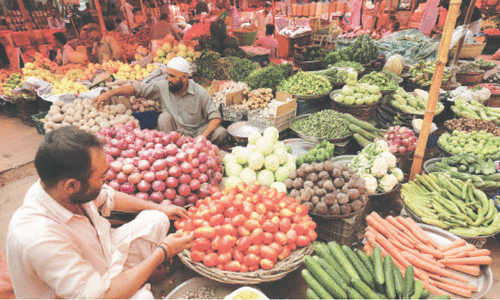LAHORE: At least 1,029 mothers and 211 children are also among officially registered 7,100 HIV/Aids patients who have contracted the deadly virus in Punjab.
Of the total HIV/Aids women patients, 140 are pregnant and their babies are also at a greater risk of contracting the disease during delivery despite getting treatment, disclosed a senior official associated with the Punjab Aids Control Programme.
He said the presence of virus in women and children was much disturbing for health officials who were investigating the reasons for transmission of Aids in women and children. The chances of transmitting the Aids virus during pregnancy or delivery to babies have been reported above 40 per cent.
As many as 310 HIV/Aids cases -- 35 women and 13 children – have been reported in Punjab during the last two months.
He said most of the fresh HIV/Aids cases were appearing in Gujrat, Lahore, Faisalabad, Dera Ghazi Khan and Sargodha which were marked high risk districts on the back of emergence of epidemic-like situation in some particular groups of people.
“Out of 7,100 cases, 4,436 have been registered with complete family and disease history while the process of registration of others is underway,” the official said.
He said the number of patients with HIV/Aids was increasing in Punjab and the government had introduced a programme in rural areas to bring them in the net for treatment.
“Currently all the registered HIV/Aids positive patients, including mothers and children, are on life-long medication. There’s no cure for the disease, but the medication can dramatically slow its progression,” he said.
The official said the human immunodeficiency virus (HIV) is a lentivirus (a subgroup of retrovirus) that causes the acquired immunodeficiency syndrome (AIDS), a condition in humans in which progressive failure of the immune system allows life-threatening opportunistic infections and cancers to thrive.
Without treatment, the average survival time after infection with HIV is estimated to be nine to 11 years, depending on the HIV subtype.
He said the infection with HIV occurred with the transfer of blood, semen, vaginal fluid, pre-ejaculate, or breast milk.
Quoting fresh official figures collected by the Punjab health department on the basis of the UN estimates, he said there were 97,000 to 125,000 HIV positive people in Pakistan.
There was an estimated 50,000 People Living With HIV (PLHIV) in Punjab. However, the total number of reported HIV positive cases in Punjab was 7,100, he said.
The official said the Punjab Aids Control Programme traced and registered many new patients, particularly the women and children, during a survey launched in the rural and low-profile localities of high risk districts.
He said the affected patients were unaware of the chronic disease and were living without any treatment.
“After getting information about the presence of a large number of HIV/Aids patients in rural areas, we have started organizing family health days at rural health centres (RHCs) and basic health units (BHU)”, the official said.
He said the officials working under the programme did not inform the suspected HIV patients about the purpose of this activity (family health day).
“We have started screening the women, children and their husbands for HIV/Aids virus during family health day activities”, he said adding that during the diagnostic process many women and children were found positive for the virus which shocked the officials.
He said the presence of HIV positive patients in society was going unnoticed.
Meanwhile, the programme officials remain in contact with the affected patients with a purpose to take them into confidence about the virus they are carrying. These people are later referred to the Voluntary Confidential Counseling and Testing (VCT) Centres. At present, nine centres are functioning in Dera Ghazi Khan, Multan, Faisalabad, Sargodha, Gujrat, Lahore and other cities.
“Since there is no mechanism to trace the new PLHIV, we fear the number of such patients may be much more than our expectations,” the official said.
Published in Dawn, December 5th, 2014
















































